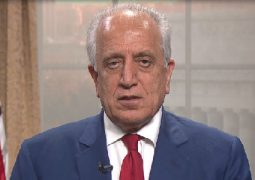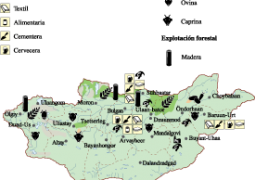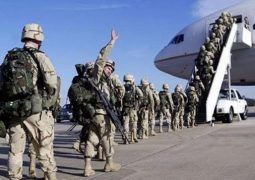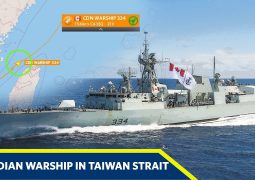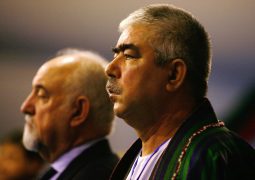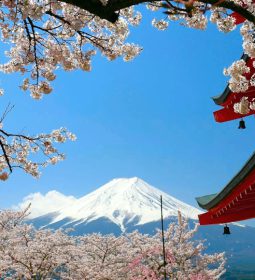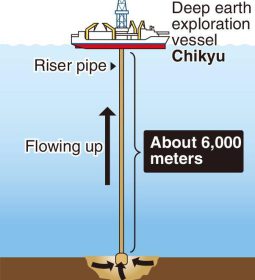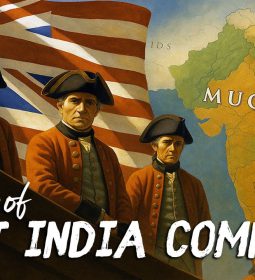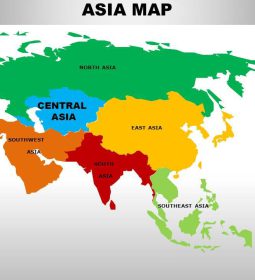After meeting president Trump, president Tokaev immediately goes to Moscow to meet president Putin

Kazakh President Kassym-Jomart Tokayev begins a state visit to Russia in Moscow today, accompanied by a carefully calibrated message of diplomatic continuity. Ahead of his arrival, Tokayev published an article in Rossiyskaya Gazeta affirming Kazakhstan’s “eternal friendship” with Russia, a phrase that has become standard in bilateral rhetoric. While much of the piece reiterates familiar themes of cooperation in energy, trade, and culture, a few notable elements suggest deeper strategic positioning.
From the outset, Tokayev appeared intent on striking a personal chord with Vladimir Putin. Mirroring the Russian president’s preference for historical framing, he wrote: “Our peoples have lived side by side for centuries, sharing joys and trials, and together creating a single cultural space in Eurasia. We are united by a common perception of traditional values, similar views on current issues of modern life, and joint work to ensure the well-being of our brotherly peoples.”
The Kazakh leader also offered high praise for Putin’s leadership, describing bilateral ties as “mature and stable” and built on “deep trust, respect, and equality.”
“All achievements in bilateral cooperation are inextricably linked to the energetic and productive efforts of President Vladimir Vladimirovich Putin,” Tokayev wrote. “In Kazakhstan, he enjoys unwavering respect as a statesman of global stature, and his name is on the lips of politicians and ordinary people in virtually every country in the world.”
The visit’s key moment will be the signing of a Declaration elevating Kazakhstan-Russia ties to a “comprehensive strategic partnership and alliance”, a step Tokayev described as ushering in “a new era in bilateral relations.”

More intriguing, however, was Tokayev’s commentary on Russia’s global standing, wherein Tokayev referenced recent high-level talks with Chinese President Xi Jinping, U.S. President Donald Trump, and leaders across Europe, Asia, and Africa.
“Although many of them are at opposite ends of the geopolitical spectrum, they all recognize the exceptional role of Russia and its leader in resolving key issues in international relations. In other words, it is impossible to overcome the contradictions of the modern world without Moscow’s participation,” he stated.
While Tokayev has previously dismissed the idea of Kazakhstan acting as a mediator in the Russia-Ukraine conflict, his recent statements suggest Astana may be prepared to play a supporting role in future dialogue.
“Kazakhstan is not a mediator in the military conflict between Russia and Ukraine and does not see itself as such,” he said last month. “In my opinion, both sides are capable of conducting dialogue on all contentious issues on a bilateral basis and at different levels. I have always believed and publicly stated that the ‘Ukrainian crisis’ is extremely complex and cannot be simplified.”
Nonetheless, Tokayev offered practical insights into what a negotiation process would require, stressing the importance of expert-level preparation and dismissing the idea of hastily organized summits without a ceasefire or clear agenda as “unrealistic.”
“If the leaders of Russia and Ukraine are willing to come to Kazakhstan, we will provide all the necessary services to ensure the success of the negotiations,” Tokayev added. He reaffirmed Astana’s willingness to host talks “at the highest level,” emphasizing that any such process would require “preliminary work to achieve mutual understanding.”
With Tokayev’s deepening engagement with Washington and Beijing, his trip to Moscow may signal more than a reaffirmation of strategic ties; it could be an early step toward positioning Astana as a neutral ground for future international diplomacy.

Russian fighter jets escorting the Kazakh president from the border; image: Akorda
“From the moment it crossed the state border until it landed at Moscow airport, the Kazakh president’s plane was escorted in Russian airspace by Su-35 fighter jets belonging to the Russian Ministry of Defense,” according to an official statement from Akorda.
As Tokayev’s Moscow visit unfolds, it underscores Kazakhstan’s enduring effort to balance ties with Russia while continuing to build bridges with other global powers. For Astana, maintaining this delicate equilibrium has become not just a foreign policy goal, but the cornerstone of its identity in an increasingly polarized world.
- Previous New ending Sino-Japanese Animosity Goes On: Japan protests Chinese envoy’s beheading post tied to Takaichi
- Next Can Comedians Run a State? No, They Can’t! Ukraine’s Hardest Winter



